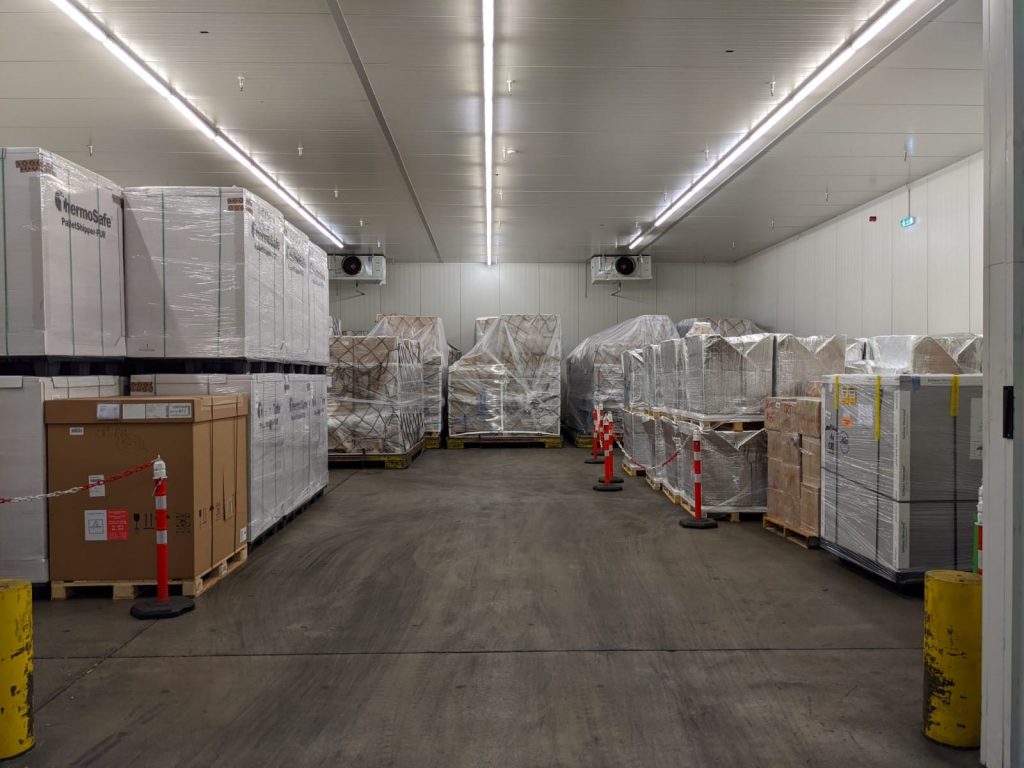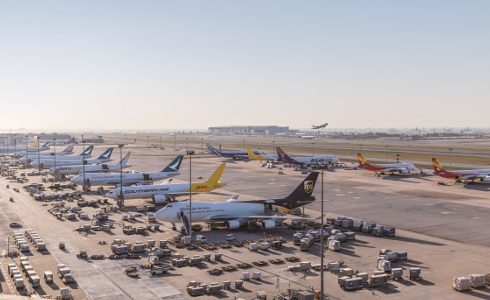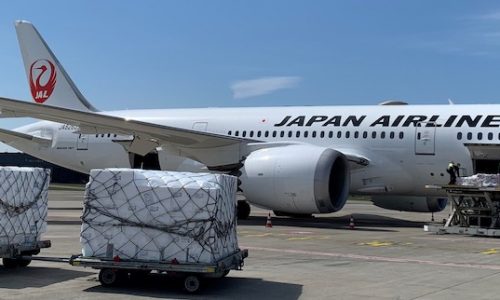
FCS Frankfurt Cargo Services has now also officially received EU good distribution practice (GDP) certification for medical products.
Just a few weeks after successfully concluding its IATA CEIV certification, this marks another important step in the company’s expansion of pharmaceutical logistics activities and ramping up preparations to handle sensitive coronavirus vaccine consignments.
Unlike CEIV certification, which relates exclusively to airfreight, GDP certification is independent of airfreight.
It involves checking the quality of the distribution chain for medical goods and ensuring that they are intact all the way from the producer to the end customer according to EU standards.
Claus Wagner, Managing Director of FCS, believes certification is especially significant in light of the growing importance of pharmaceutical logistics: “FCS can offer its customers the very highest, safest and most secure standards for pharmaceutical handling. In our role as a cargo handling company located at the airport, we act as an important interface between air and ground transport with our special warehouses and transshipment processes.”
Said Markus Schneefuss, Director of Operations at FCS: “We are very proud to have received our GDP certification after having also achieved the CEIV certification recently. FCS is now able to distinguish itself from other service providers. Despite the challenges of this year, my team has been working diligently to ensure FCS is well prepared for pharma handling now and in the future.
“Our airline customers, as well as the manufacturers and distributors of pharmaceutical products, can plan with confidence that the quality and integrity of their shipments will be maintained throughout the whole FCS supply chain process,”
A subsidiary of airfreight handling company Worldwide Flight Services (WFS), FCS and its GDP certification fit into the Project Coldstream initiative just recently launched by WFS, which focuses on coordinating worldwide transportation of large delivery quantities of vaccines to fight the COVID-19 virus.
According to IATA, the industry expects these deliveries to amount to the largest volume of airfreight involving a single item ever transported.

